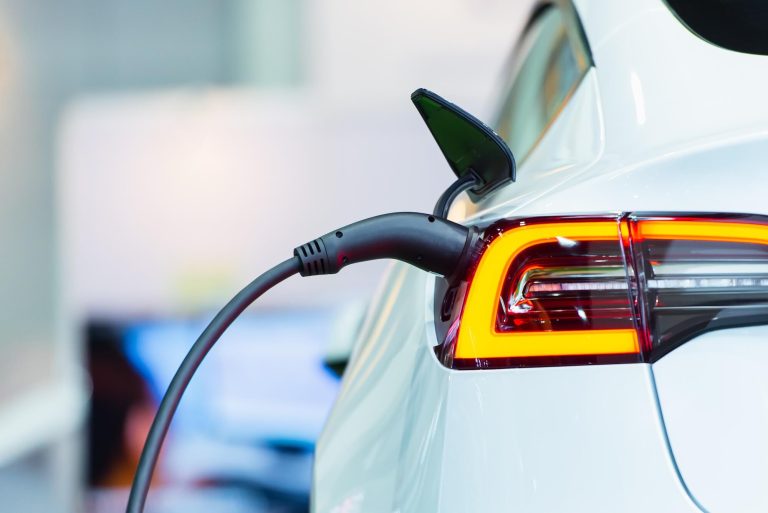FBT On Electric Vehicles

Understand the implications of Fringe Benefits Tax (FBT) on electric vehicles with insights from Bates Cosgrave. Learn about exemptions, concessions, and compliance requirements.
As the Fringe Benefits Tax (FBT) year draws to a close on March 31st, it’s crucial to understand the areas that draw the attention of the Australian Taxation Office (ATO).
Hot Topic On Electric Vehicles
The government implemented a concession in late 2022 that permitted employers to provide specific electric vehicles to their employees without being subject to the substantial 47% FBT on private use. This exemption covers electric cars, hydrogen fuel cell electric cars, or plug-in hybrid electric cars meeting specific criteria:
– The car’s value must be below the luxury car tax (LCT) threshold for fuel-efficient vehicles ($89,332 for the 2023-24 financial year) at the time of first retail sale.
– The car must be both first held and used on or after July 1, 2022.
However, starting March 31, 2025, the FBT exemption for plug-in hybrid electric vehicles will cease, unless the vehicle met exemption conditions before this date and a binding agreement for continued private use is already in place.
Problematic Areas
-
- Limited to Employees: The FBT exemption applies only when the vehicle is supplied by the employer to an employee, excluding partners of a partnership and sole traders.
- The FBT exemption will not be applicable to the vehicle if the luxury car tax is applicable. Additionally, any ownership or utilisation prior to July 1, 2022, will render the vehicle ineligible.
- Excluded Benefits: Home charging stations are not covered by the exemption and are considered separate fringe benefits if provided or paid for by the employer.
- Reporting Requirements: Although FBT may not apply, the value of the fringe benefit is still reported on the employee’s income statement, affecting various calculations such as Medicare levy surcharge and social security payments.
- Electricity Costs: Employers must either use the ATO’s short-cut method or establish a viable method to calculate electricity consumption if not using the short-cut method.
- Direct Purchases: The exemption doesn’t apply if the employee directly purchases or leases the electric vehicle, except in carefully structured novated lease arrangements.
- Vehicle Classification: The exemption applies only to electric cars; electric bikes, scooters, or vehicles designed for heavy loads or passenger transportation do not qualify.
Additional FBT Challenges
– Non-Registration: Businesses providing fringe benefits should ensure FBT registration, as non-registration may attract scrutiny from the ATO.
– Travel Considerations: Recent focus on distinguishing deductible work-related travel from non-deductible commuting travel underscores the importance of understanding the nuances, as seen in the Bechtel Australia case.
Navigating the intricacies of FBT regulations, especially concerning electric vehicles, requires careful attention to detail and compliance with evolving ATO guidelines. For any questions you might have, please contact Bates Cosgrave on 02 9957 4033.